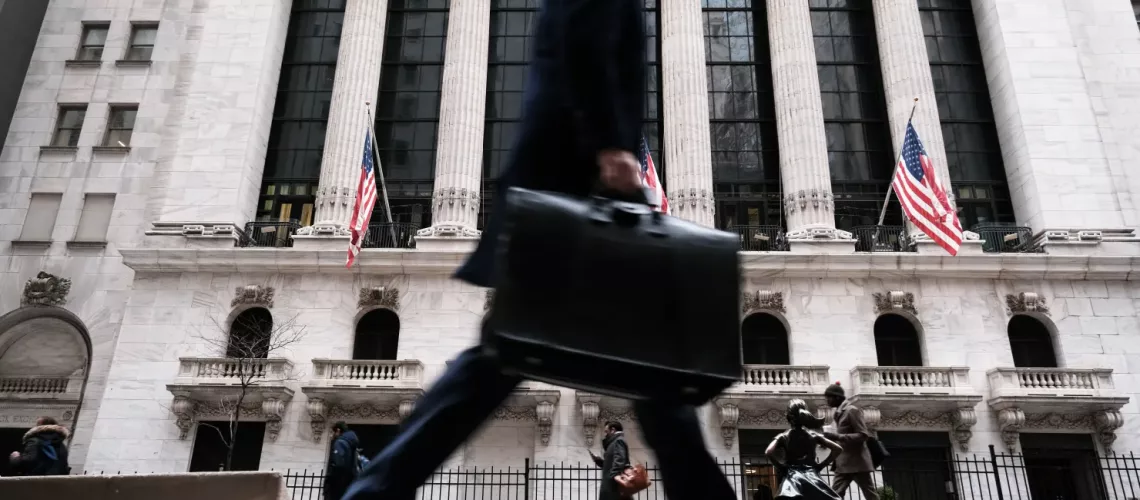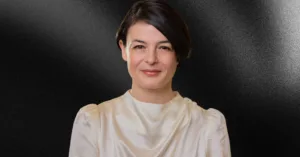While many institutional investors have been making big moves amid recent market swings, high-net-worth individuals are largely holding steady—and in many cases, taking advantage of the volatility.
According to leading wealth managers, this period of market instability hasn’t triggered the same sell-off panic seen during past crises like 2020 or 2008. Instead, many affluent investors are sitting on the sidelines, increasing cash reserves, and using the downturn to make strategic moves in tax and estate planning.
Staying Calm, Sitting Tight
John Mathews of UBS noted that while emotions are high, wealthy investors are less reactive. Many had already reduced equity exposure earlier in the year, anticipating a shift in market dynamics. This cash buffer is now proving valuable, offering both psychological reassurance and the ability to buy at a discount. Mathews noted a noticeable uptick in buying late last week as markets dipped, particularly among clients eyeing individual stocks or broad index funds.
Gold, too, is back in the spotlight. Even with prices off recent highs, demand for the precious metal is strong as a hedge against ongoing uncertainty.
Strategic Planning in the Spotlight
Pamela Lucina of Northern Trust is encouraging clients to avoid predictions and instead focus on preparation. Her guidance centers around three principles: don’t panic, don’t predict, and plan proactively. Wealthy families with sufficient liquidity are tapping into cash reserves rather than selling depreciated assets.
This downturn is also opening up planning windows—particularly for tools like GRATs and Roth conversions, which are more advantageous at lower valuations. Tax-loss harvesting is another area of activity, giving investors a way to offset gains and optimize tax exposure later in the year.
Looking for Opportunities, Not Exits
Matthew Fleissig of Pathstone said clients with $100 million or more are looking for entry points, not exits. These ultra-wealthy families are layering into the market and considering structured products and private market opportunities that offer asymmetric returns.
However, he cautioned about the growing risk in private credit, where loose covenants and crowded capital are becoming more common.
Cash as a Cushion
Wealthspire’s Dmitriy Katsnelson pointed out that wealthy clients tend to hold more cash in Q1 for tax reasons, which is now serving as a helpful buffer. While most are holding steady, smaller investors and those nearing retirement are more sensitive to market swings. Ultra-wealthy families, by contrast, are often more insulated thanks to their allocations in private equity and other less liquid alternatives.
The bottom line? While others panic, the wealthy are planning, preserving, and preparing for the long game.




